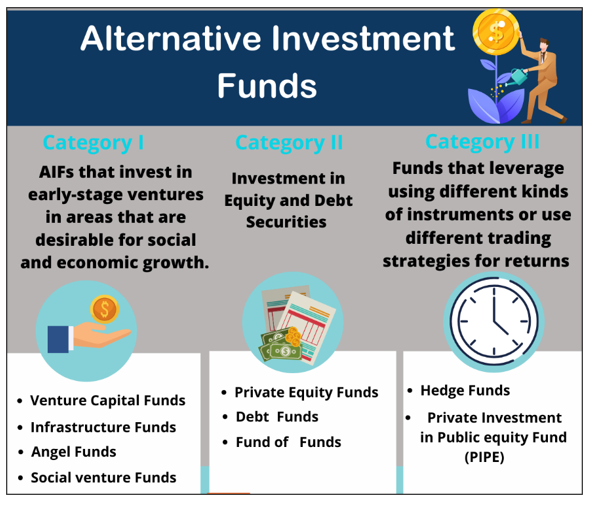You're all caught up—no notifications available.
Explore All Exams at KGS

All Exams
Explore All Exams at KGS
Khan Sir Courses
Geography I Polity I History | World Map I Indian Map I Economics I Biology
UPSC & State PSC
UPSC I BPSC I UP-PSC I MP-PSC
State Exams
UP I Bihar I MP | Rajasthan
NEET | JEE | CUET | Boards
NEET | JEE | CUET | Boards
Defence Exams
NDA I CDS I CAPF I AFCAT I SSB I Agniveer
Police Exams
UP SI | Bihar SI | Delhi Police | UP Constable
SSC Exams
CGL I CPO I CHSL I MTS I SSC GD I Delhi Police
Foundation Courses
Physics I Chemistry I Biology I History I Geography I Polity I NCERT I Math I English | Map I Reasoning
Railway Exams
RRB | RPF
Teaching Exams
TET | Teaching | UGC
Banking Exams
SBI | RBI | IBPS
Engineering Exams
Civil | Electrical | Mechanical
UGC NET
UGC NET/JRF
Current Affairs provides you with the best compilation of the Daily Current Affairs taking place across the globe: National, International, Sports, Science and Technology, Banking, Economy, Agreement, Appointments, Ranks, and Report and General Studies

SYLLABUS
GS-3: Indian Economy and issues relating to planning, mobilization, of resources, growth, development and employment.
Context:
Recently, the Reserve Bank of India (RBI) has issued the RBI (Investment in Alternative Investment Funds) Directions, 2025, to regulate and streamline investments made by Regulated Entities (REs) in Alternative Investment Funds (AIFs).
More on the News
REs refer to banks, NBFCs and All-India Financial Institutions.
These rules limit how much banks and NBFCs can invest in Alternative Investment Funds.
A single entity can only contribute up to 10 percent of an AIF scheme. All regulated entities together cannot exceed 20 percent. RBI may exempt certain AIFs from these rules after consulting with the government.
The new directions RBI (Investment in Alternative Investment Funds) Directions, 2025 will come into effect on 1 January 2026, or from any earlier date as decided by an RE.
These Directions shall be applicable to investments by the following REs in units of AIF Schemes:
Limits on Investments and Provisioning
Key definition
Alternative Investment Fund
AIF is any fund established or incorporated in India which is a privately pooled investment vehicle which collects funds from sophisticated investors, whether Indian or foreign, for investing it in accordance with a defined investment policy for the benefit of its investors.
They are governed by the SEBI (Alternative Investment Funds) Regulations, 2012, and are distinct from other categories of pooled investment vehicles regulated by SEBI.
An AIF can be set up as a trust, a company, a limited liability partnership, or a corporate body.
AIFs do not include the following:



Source:

NCERT Books
Resources
We love learning. Through our innovative solutions, we encourage ourselves, our teams, and our Students to grow. We welcome and look for diverse perspectives and opinions because they enhance our decisions. We strive to understand the big picture and how we contribute to the company’s objectives. We approach challenges with optimism and harness the power of teamwork to accomplish our goals. These aren’t just pretty words to post on the office wall. This is who we are. It’s how we work. And it’s how we approach every interaction with each other and our Students.
Come with an open mind, hungry to learn, and you’ll experience unmatched personal and professional growth, a world of different backgrounds and perspectives, and the freedom to be you—every day. We strive to build and sustain diverse teams and foster a culture of belonging. Creating an inclusive environment where every students feels welcome, appreciated, and heard gives us something to feel (really) good about.
Get Free academic Counseling & Course Details
